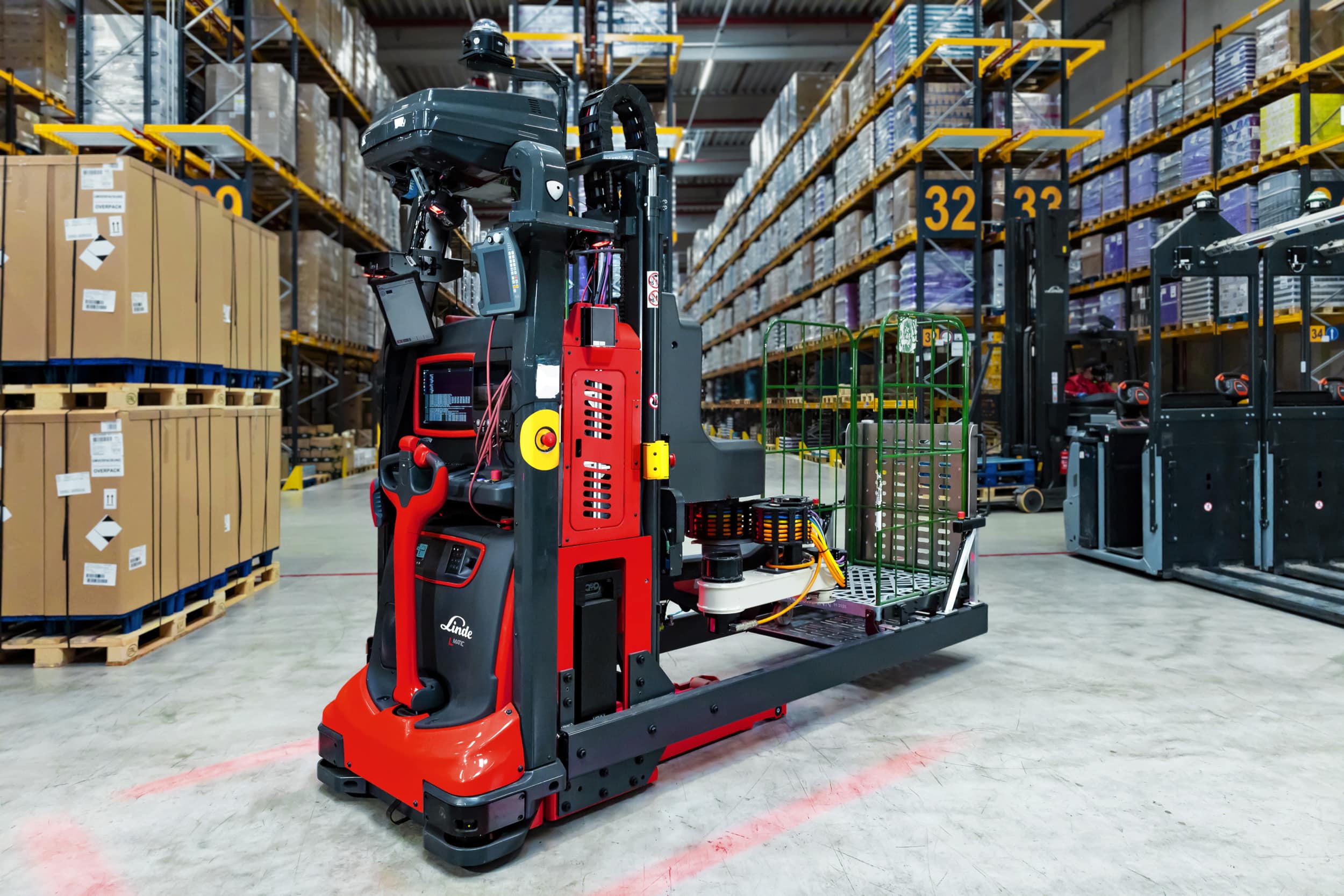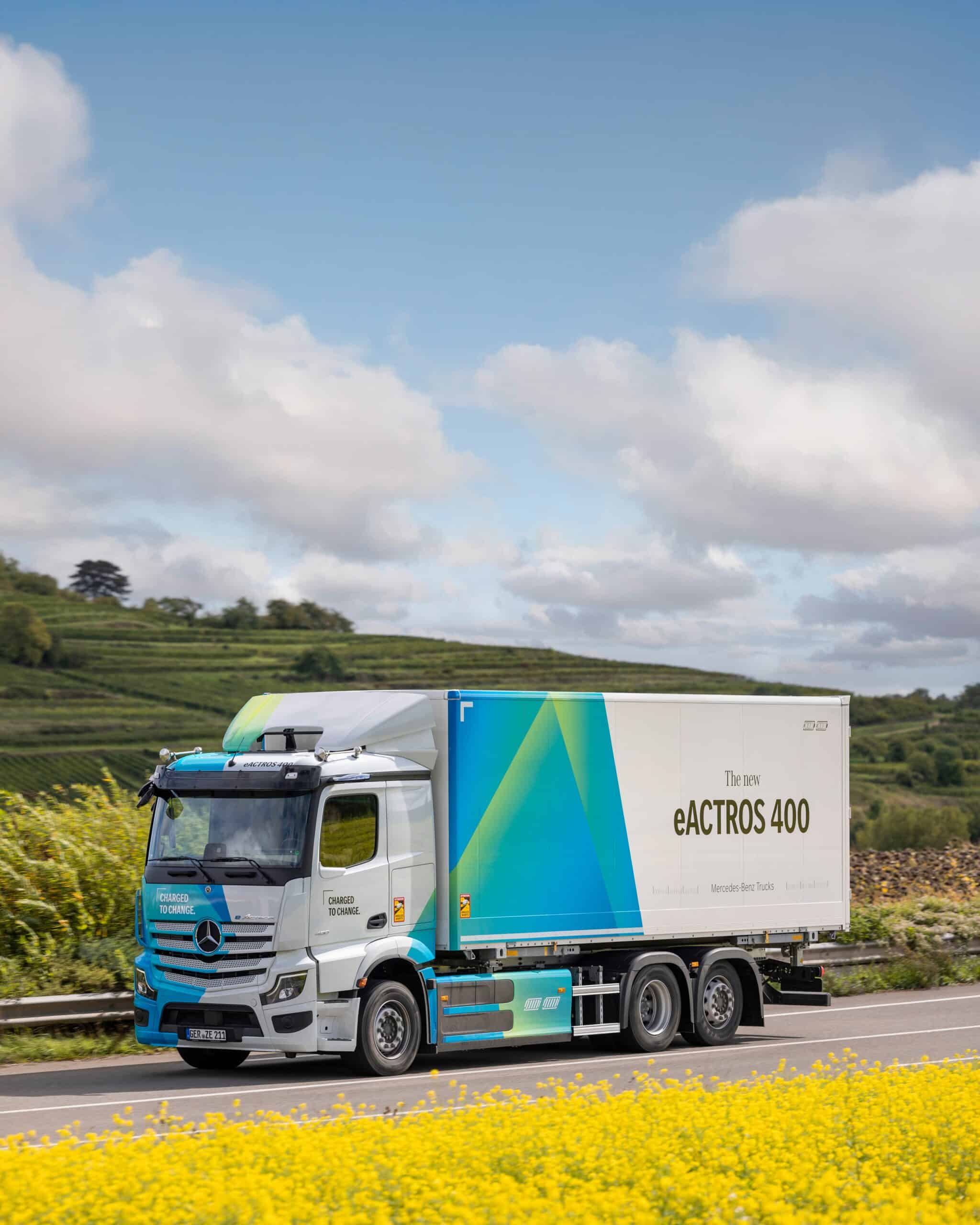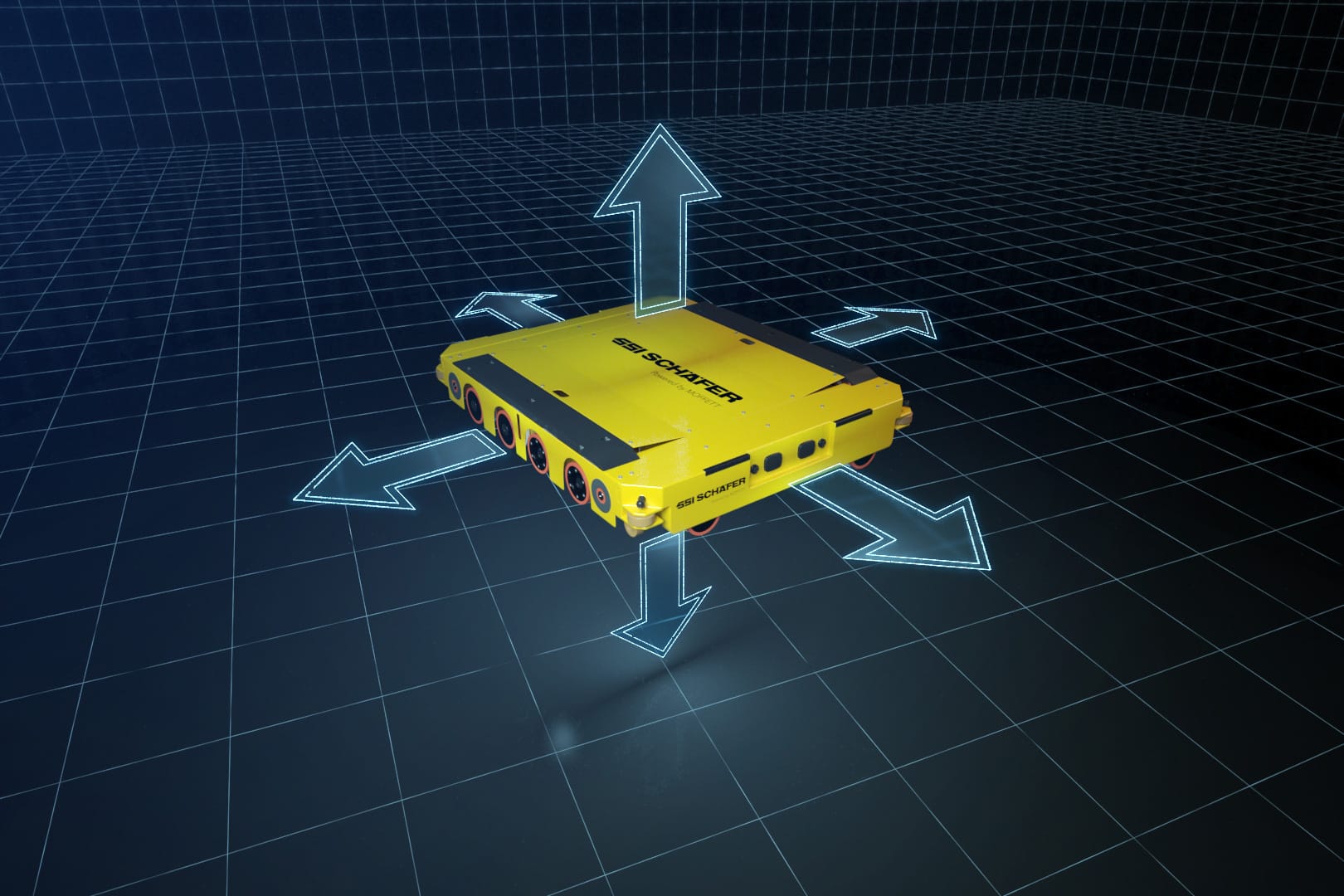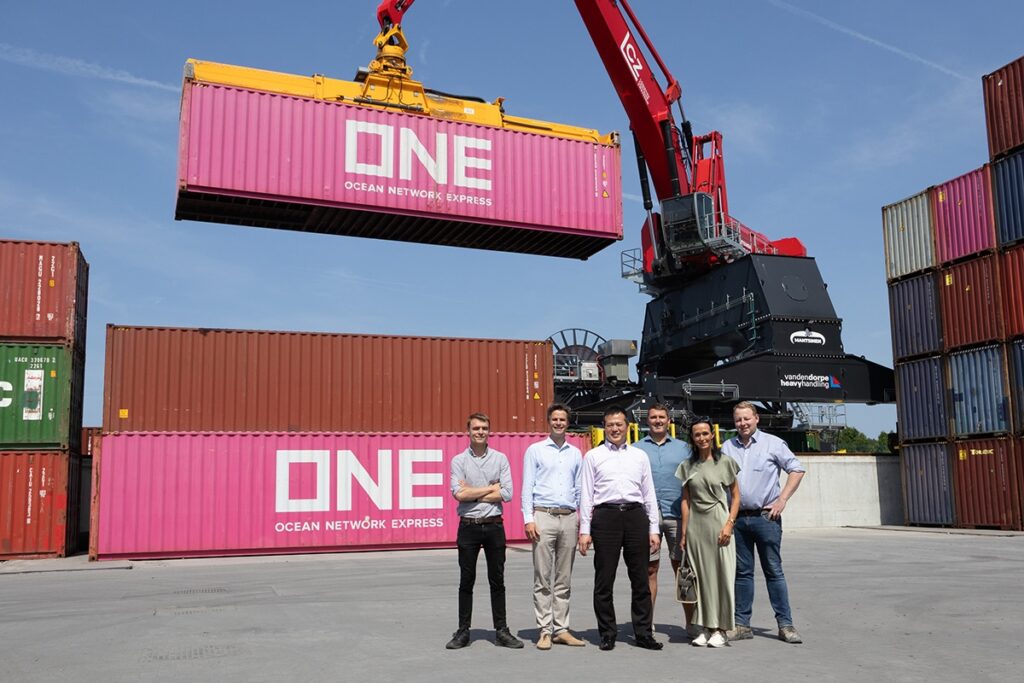
Logistics optimization: Sustainable transportation from Thailand to Belgium via inland waterway solution
Linum Europe, a leading player in the distribution of accessories for air conditioning and heat pump systems, announces that the company has significantly optimized one of its logistics processes. The annual import flow of at least 70 units of 40ft containers from Thailand, filled with refrigeration pipes, will from now on take place partly via inland waterways. This represents an important step in making their transport chain more sustainable and significantly reduces the company's carbon footprint.
Until now, the containers arrived via the port of Antwerp, after which they were transported by truck to the warehouses in Kuurne. This involved a trip of 117.7 kilometers one way, with an annual total of 16,478 kilometers of road transport. Thanks to a study conducted by Multimodal. Flanders - a business unit of VIL vzw - and supported by POM West-Flanders, the route has been optimized by the use of inland navigation. The containers will now be transported via the deep sea terminal in Antwerp to the LCZ logistics center in Zwevegem, followed by a further truck ride of only 13.4 kilometers to Kuurne after unloading.
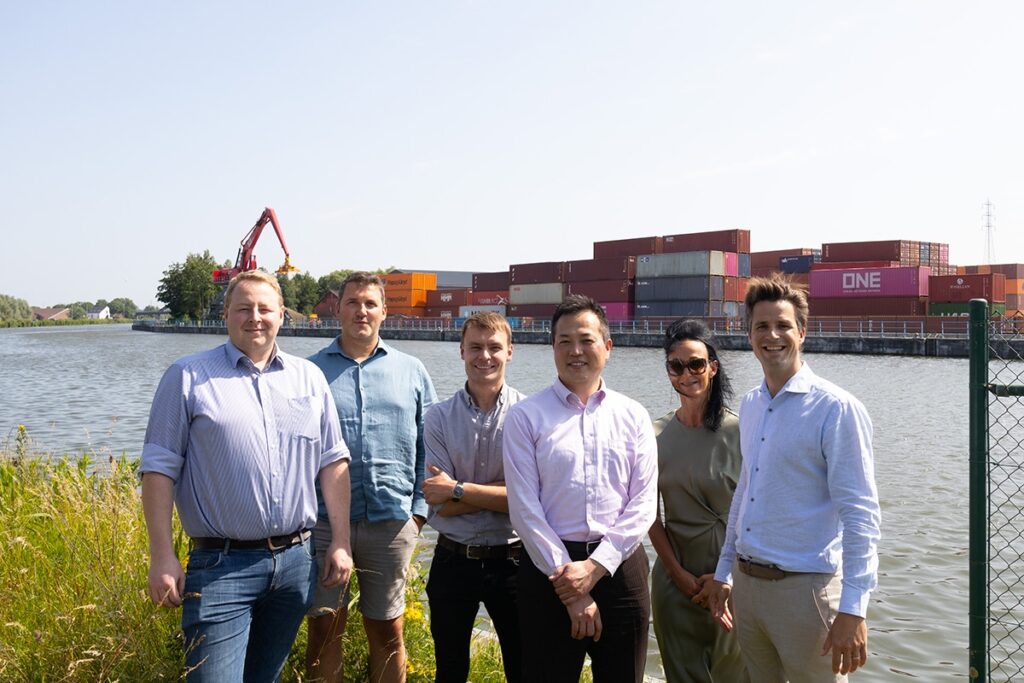
Sustainable and efficient
This modal shift not only has a huge impact on reducing the number of road kilometers driven - from 16,478 km to just 1,876 km - but also leads to a substantial reduction in CO2 emissions. Annually, CO2 emissions are reduced by 65% reduced, from 22,458 tons to 7,883 tons. This is a direct contribution to making transport more sustainable and fits within Linum Europe's broader strategy to reduce its ecological impact.
Jan Vanderbeke, CEO of Linum Europe, stated: "This logistics optimization is not only a strategic move for us to improve our efficiency, but also an important step towards sustainability. By using inland navigation for the import flow from Asia, we can not only significantly reduce CO2 emissions, but also contribute to a cleaner and more sustainable transportation network. We pride ourselves on taking our ecological responsibility seriously and continue to seek innovative solutions for a more sustainable future."
Improving the flow of logistics
The new solution offers significant advantages for the logistical flow of products. By combining inland waterway transport with road transport for the last part of the route, the company can improve the speed of delivery while reducing pressure on road traffic. This not only benefits the efficiency of the organization, but also contributes to fewer traffic jams and less strain on the infrastructure.
Ilse Verdonck, Expert Multimodal at VIL clarifies: "The cooperation with Multimodaal. Flanders and Pom West Flanders as well as the use of our expertise in multimodal transport made it possible for Linum Europe to realize this transition smoothly and successfully. The study provided valuable insights that form the basis for optimizing their supply chain, from transport to reducing truck waiting times at the loading dock."
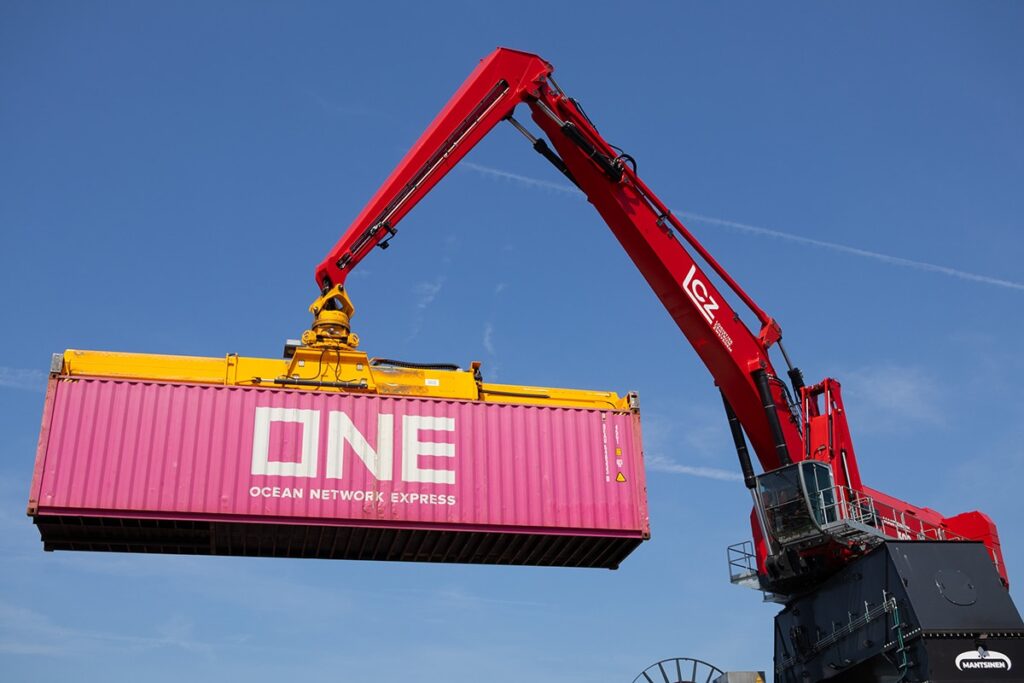
Future sustainability goals
Linum Europe remains committed to making its logistics processes even more sustainable. The move to multimodal transport is just one step in their broader strategy to reduce CO2 emissions and further reduce their carbon footprint. The company continues to work on innovative solutions that minimize the impact of their operations on the environment.
